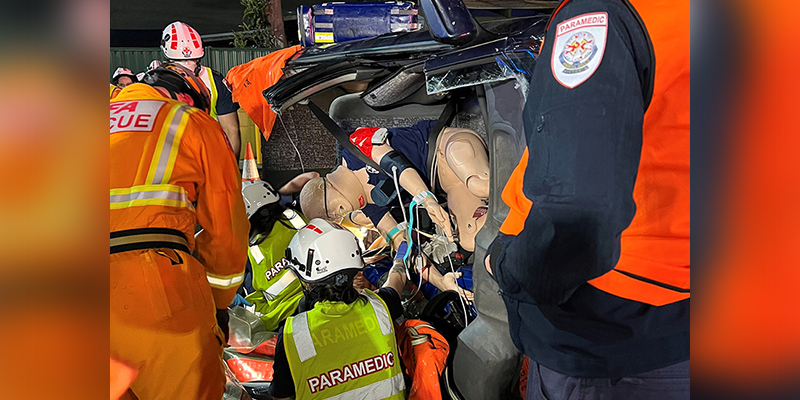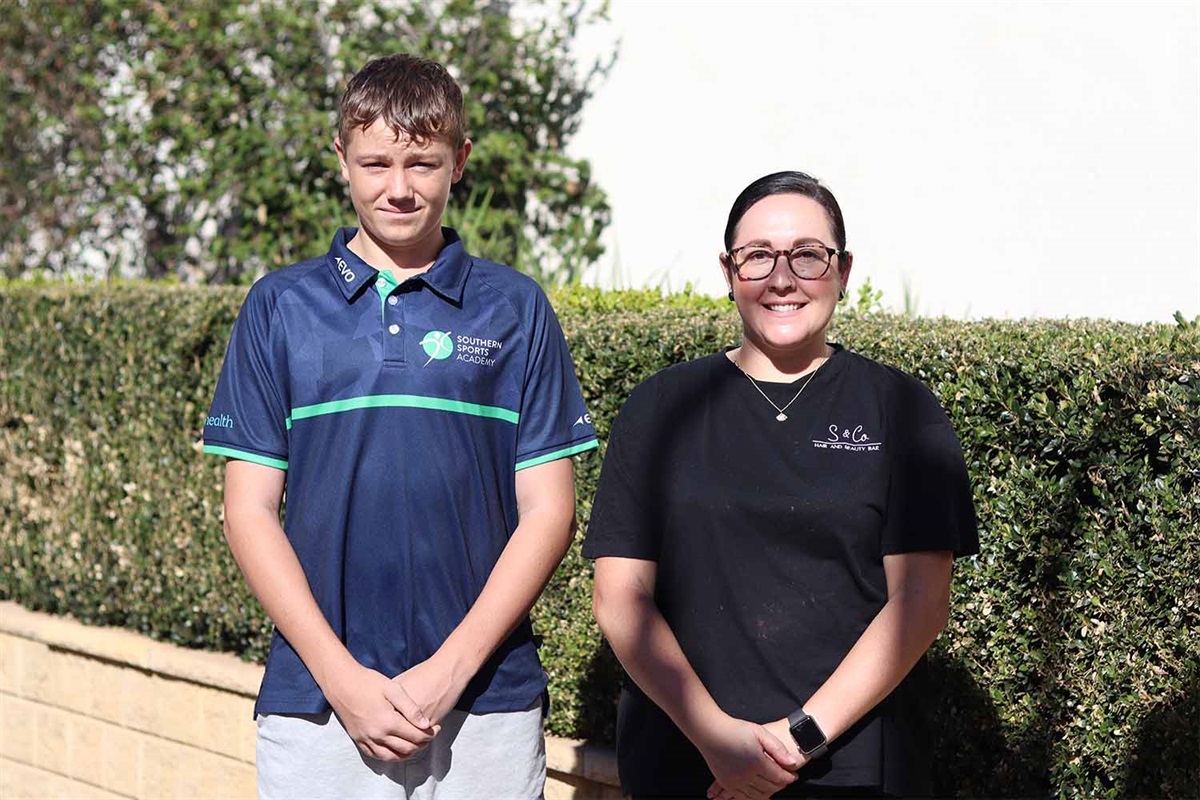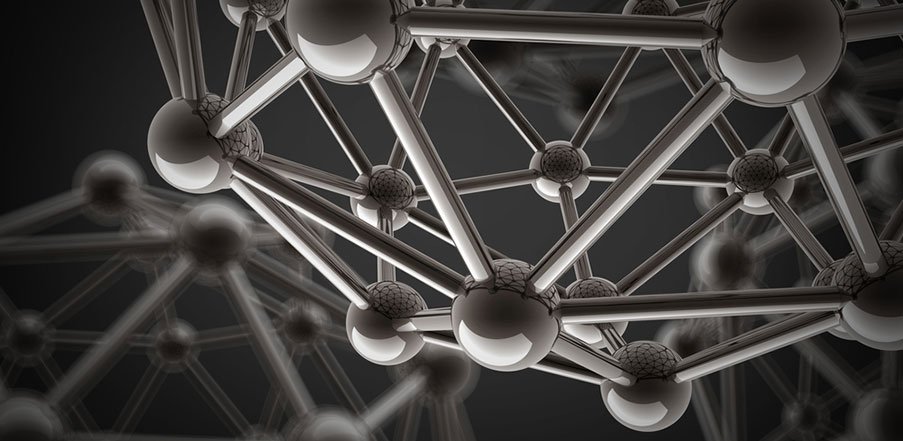A Monash University student team is once again competing against the world’s best to build next-generation interplanetary rovers that could one day accompany human explorers to Mars.
After a two-year break due to the pandemic, Monash Nova Rover will return to the Mars Desert Research Station in Hanksville, Utah from June 1-4 to compete against 36 global teams from 11 countries in the University Rover Challenge, the only team from the Southern Hemisphere to qualify for entry.
The annual competition challenges students to build remotely-operated rovers that can accomplish various tasks that might one day assist astronauts working on the surface of Mars. With a maximum budget of USD $18,000 (AUD $26,800), the students design, build and test vehicles that perform the same tasks as multi-billion dollar NASA-built rovers.
Twenty-five Monash students from multi-disciplinary backgrounds, supported by the faculties of Engineering and Science, will travel to Utah to put their ‘Platypus’ rover to the test, competing across four separate competition ‘missions’ and aiming to beat their 2019 top 9 finish. The teams will complete missions in extreme retrieval and delivery, equipment servicing, autonomous traversal and science – all tasks a real rover would undertake while remotely operated on Mars.
Features of the team’s Platypus rover include:
Lightweight six-wheel chassis body that can manoeuvre over slopes and objects
Autonomous driving capabilities
A 3-metre collapsible communications mast with 5GHz and 2.4GHz radio communications
Upgraded robotic arm featuring a two-finger end effector that can accurately grasp objects of various sizes and weights
360-degree gimbal camera to provide the operator with a complete field of view
Onboard collection systems that can detect extinct and extant life within collected rock and soil samples.
“We’re very excited about competing in the University Rover Challenge and putting our rover through its paces against some tough international competitors,” said Nova Rover team lead Ben Jessett.
“As university students, it’s a great privilege to have the opportunity to apply our learning in a context as inspiring and futuristic as space exploration. After the competition, we’re also looking forward to taking the rover to a NASA lunar rover test environment in Florida in collaboration with Australian company Gilmour Space Technologies.”
“Australia’s space industry is undergoing rapid growth and investment,” said Dr Chao Chen, Senior Lecturer in the Department of Mechanical and Aerospace Engineering and Monash Nova Rover academic supervisor.
“We’re proud to educate and support our students to become the next generation of engineers, scientists and technologists driving innovation in this strategically important field, with international partnerships and connections already forged through competitions such as the University Rover Challenge.”
“It is fantastic to see our students involved in a globally immersive learning experience that fosters engagement across international borders and encourages innovation, enterprise and resourcefulness. We wish the Monash Nova Rover team every success in the competition,” said Deputy Vice-Chancellor (Education) and Senior Vice-President Professor Sharon Pickering.








